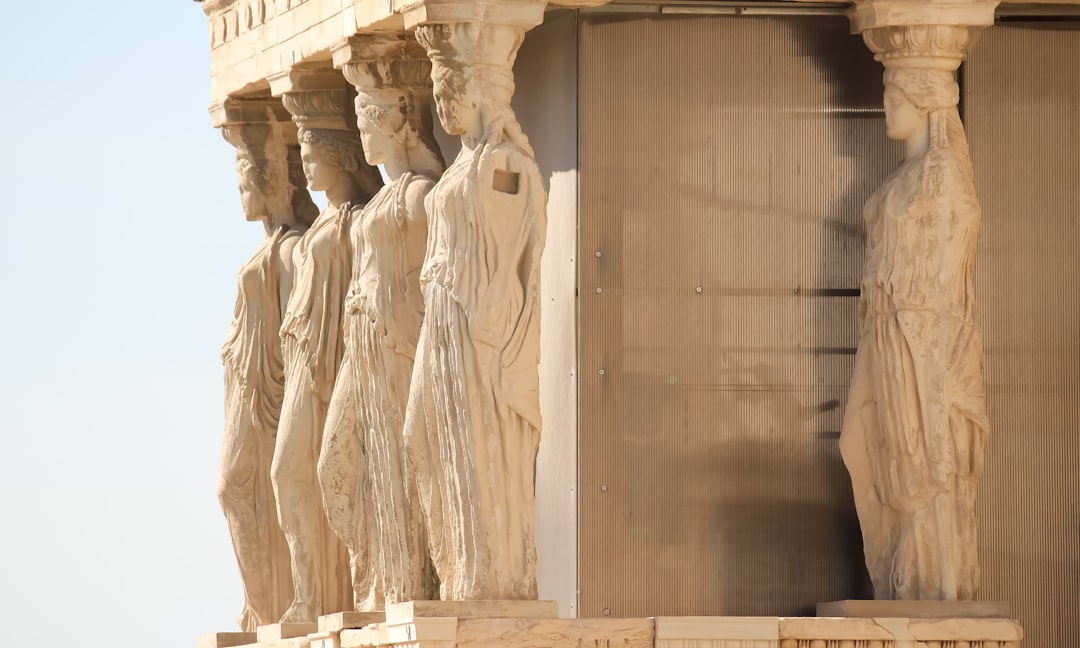What is it about?
This article examines how a group of Black and White YWCA staff members seized the opportunities of World War I to advance a racial justice agenda through Young Women’s Christian Association programs for working women. First, they created YWCA program work for thousands of Black working women that paralleled the YWCA’s Industrial Program, which followed YWCA segregation policies. Second, they made claims for social justice based on Black women’s labor contributions, in contrast to both earlier reformers’ focus on elite Black women and other wartime activists’ focus on soldiers’ service. Finally, in a period best known for White people’s violent resistance to Black advances, they fostered a program culture and structures that encouraged White working-class women to view African American coworkers as colleagues and to understand racial justice as part of a broader social justice agenda. Arguing that interracial cooperation among working people was crucial to social progress, they made African American laboring women and White working-class allies both symbolically and literally crucial to wartime and postwar civil rights efforts. Their efforts contribute to our understanding of the changing discourse of “respectability” and the impact of World War I on the Black Freedom Struggle.
Featured Image
Why is it important?
Their efforts contribute to our understanding of the changing and contested discourse of “respectability" and the impact of World War I on the Black Freedom Struggle. They also provide insights into anti-racist activism and the creation of anti-racist discourse in working-class spaces in the early twentieth century. And they illustrate how some women were able to shift institutional resources and discourse within one of the largest women's organizations of the period and within a faith-based organization.
Perspectives
Here's a piece I published a couple of years ago, and I'm still thinking a lot about these questions and issues.
Dr Dorothea Browder
Western Kentucky University
Read the Original
This page is a summary of: WORKING OUT THEIR ECONOMIC PROBLEMS TOGETHER: WORLD WAR I, WORKING WOMEN, AND CIVIL RIGHTS IN THE YWCA, The Journal of the Gilded Age and Progressive Era, April 2015, Cambridge University Press,
DOI: 10.1017/s1537781414000814.
You can read the full text:
Contributors
The following have contributed to this page










